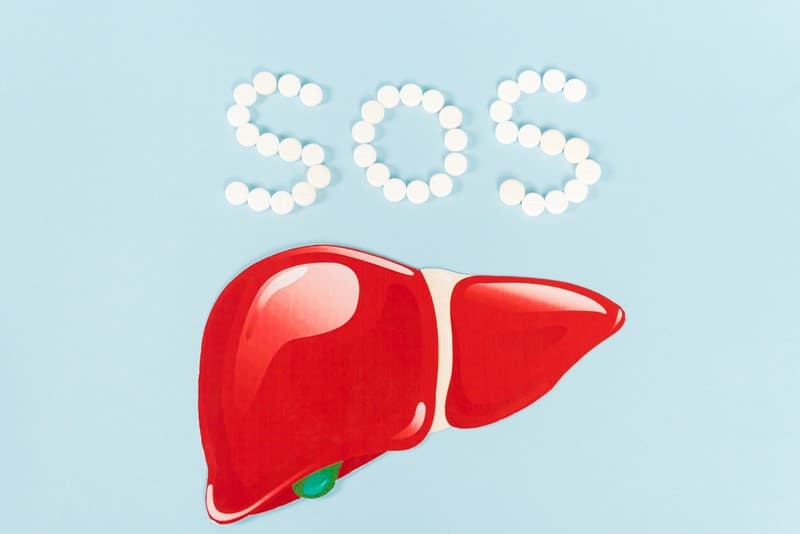Liver Disease

The liver performs a multitude of functions related to waste filtering, energy storage, and metabolism. It’s an essential organ that enables the body to digest food, transform it into energy, and keep it stored until it’s needed. It also aids in filtering toxic substances and ensuring they’re out of the bloodstream. The term liver disease refers to conditions that affect the organ. The diseases may all develop for various reasons, but they damage and impede the liver’s ability to function.
However, the most common indicators are jaundice, bloody stools, an enlarged stomach resulting from ascites, and encephalopathy. In addition, many problems can have an impact on the liver. Some common ones are hepatitis, fatty liver disorder, autoimmune conditions like PB, and genetic diseases like hemochromatosis and Wilson’s disease. It’s also possible for liver damage due to exposure to specific, toxic substances and drugs.
Some things might make a person more susceptible to liver diseases. Perhaps the most significant risk factor is excessive drinking. Exposure to toxic material and unprotected sexual intercourse can also cause these diseases. Thus, the best way to lessen the risks is through healthy living.










